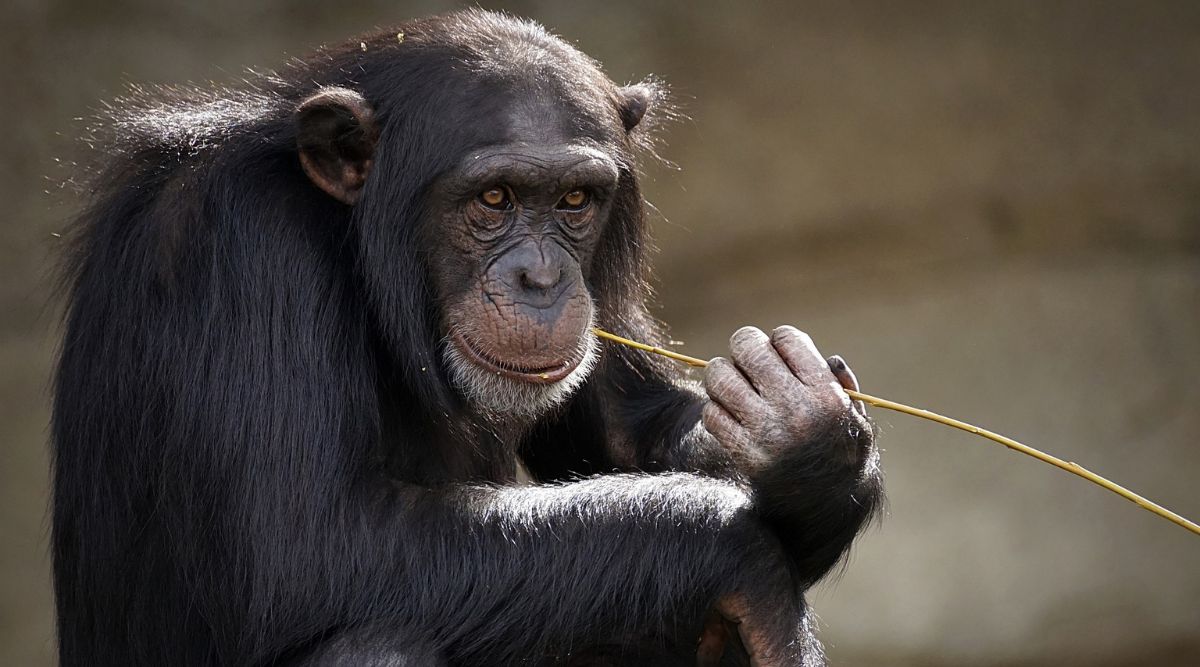Menopause is often thought of as a uniquely human experience, but it turns out that several other species also undergo this significant life transition.
These animals demonstrate that menopause is not just a human experience but a fascinating aspect of life for various species. The evolutionary reasons behind this phenomenon continue to intrigue scientists, particularly regarding how it benefits social structures and familial relationships in these animal communities.
Here’s a list of five animals that experience menopause, showcasing the fascinating ways nature has evolved this phenomenon.
1. Killer Whales (Orcas)
- What We Know: Killer whales are one of the most studied species regarding menopause. Female orcas can live for decades after their reproductive years, often helping to raise their grandchildren.
- Why It Matters: This extended lifespan allows them to contribute to their pods’ social structure and survival, providing valuable knowledge and support.
2. Short-Finned Pilot Whales
- What We Know: Like orcas, female short-finned pilot whales also experience menopause. They tend to live longer than their reproductive years would suggest.
- Why It Matters: The post-reproductive phase allows these whales to assist in caring for younger generations, enhancing the survival of their offspring.
 Research indicates that female chimpanzees can undergo menopause, living for years after they stop reproducing. (Image credit: Pixabay)
Research indicates that female chimpanzees can undergo menopause, living for years after they stop reproducing. (Image credit: Pixabay)
3. Beluga Whales
- What We Know: Recent studies have confirmed that beluga whales go through menopause, adding them to the list of species with this unique trait.
- Why It Matters: Their ability to live beyond reproductive age may help maintain social bonds and familial structures within their groups.
4. Narwhals
- What We Know: Narwhals have also been identified as experiencing menopause. This was a recent addition to the understanding of menopausal species.
- Why It Matters: Similar to other toothed whales, narwhals benefit from having older females who can guide and support younger members of their pods.
5. Chimpanzees
- What We Know: Research indicates that female chimpanzees can undergo menopause, living for years after they stop reproducing.
- Why It Matters: This allows them to play a crucial role in their communities, sharing knowledge and resources with younger generations.

